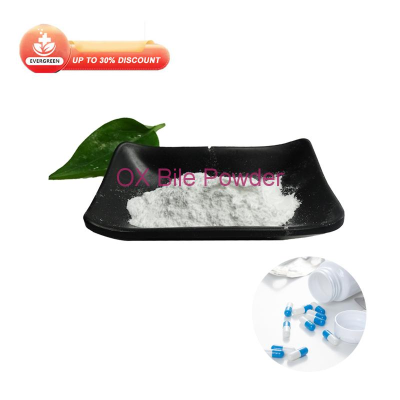-
Categories
-
Pharmaceutical Intermediates
-
Active Pharmaceutical Ingredients
-
Food Additives
- Industrial Coatings
- Agrochemicals
- Dyes and Pigments
- Surfactant
- Flavors and Fragrances
- Chemical Reagents
- Catalyst and Auxiliary
- Natural Products
- Inorganic Chemistry
-
Organic Chemistry
-
Biochemical Engineering
- Analytical Chemistry
- Cosmetic Ingredient
-
Pharmaceutical Intermediates
Promotion
ECHEMI Mall
Wholesale
Weekly Price
Exhibition
News
-
Trade Service
SYDNEY, June 12 (Xinhua)
A new
university in Newcastle, Australia,
plastic
has invaded the human body. Globally, the average person consumes nearly 5 grams of microplastics per week, equivalent to the plastic used on a credit card, and about 250 grams per person per year.
refers to irregular plastic particles with a particle size of less than 5 mm, which are widely used in oceans, rivers and other water bodies around the world. The toxic substances contained in microplastics themselves and absorbed in water can accumulate through the food chain and may eventually enter the body, threatening human health.
university in Newcastle, Australia, commissioned by WWF, combined more than 50 microplastic-related research data. According to the report, the world's average person consumes 1,796 plastic particles per week through drinking water alone, about 5 grams by weight, with a total annual intake of more than 250 grams.
report says the biggest source of microplastics for human intake is drinking water, which is found in bottled water, tap water, surface and groundwater worldwide. Among foods, crustacean seafood, beer and salt have the highest levels of microplastic particles.
show that although plastic pollution varies from country to country, few regions are able to stay out. Of these, 94.4% of tap water samples in the United States contained plastic fibers, with an average of 9.6 fibers per litre of water, while 72.2% of sampled water in Europe contained plastic fibers and an average of 3.8 plastic fibers per litre of water.
report notes that global consumption of plastics since 2000 has been equivalent to the sum of all years before 2000, with one third of plastics eventually dumped in the natural environment.







